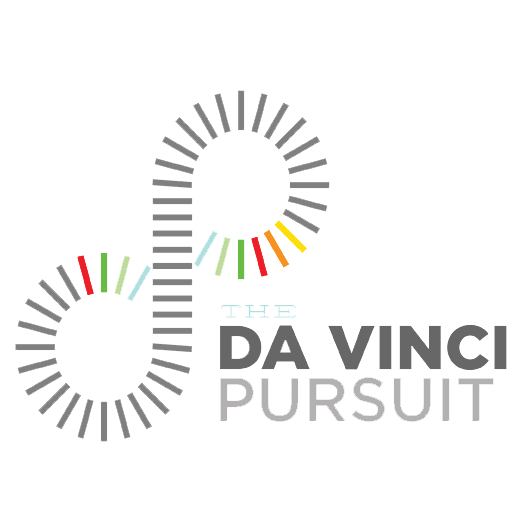
Microfishing: Fishing for Really Tiny Fish
Aired Saturday, July 8, 2023
Microfishing: Fishing for Really Tiny Fish
The Conversation
Talking about the notion that the natural sciences are concerned with the physical, and measurable. Art, on the other hand, is thought to deal mostly with human feelings, ideas, and making connections. However, wildlife rehabilitation is not so simple. It effectively combines aspects of veterinary medicine, animal husbandry, animal behavior, intuition, and the ability to see things on a larger scale. The key to rehabilitating wildlife isn’t curing disease or raising healthy orphans. The key is the reintroduction of an animal back into the environment. This necessitates a deeper understanding of the interconnections between individuals and species. Our guest combines beautifully the two domains as she creates caring and realistic recovery for animals found in the wild.





